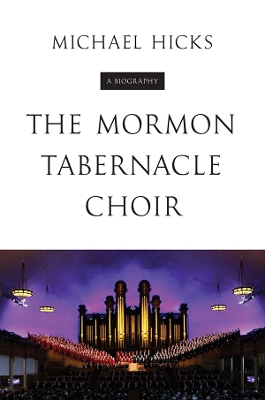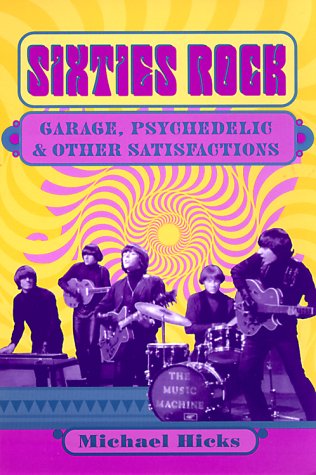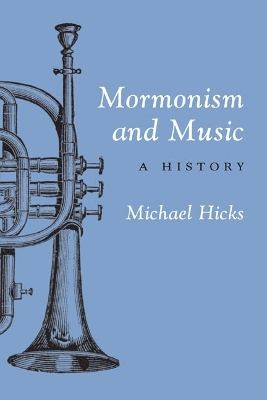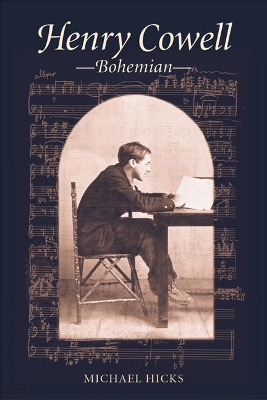Music in American Life
4 total works
Drawing on decades of work observing and researching the Mormon Tabernacle Choir, Michael Hicks examines the personalities, decisions, and controversies that shaped "America's choir." Here is the miraculous story behind the Tabernacle's world-famous acoustics, the anti-Mormonism that greeted early tours, the clashes with Church leaders over repertoire and presentation, the radio-driven boom in popularity, the competing visions of rival conductors, and the Choir's aspiration to be accepted within classical music even as Mormons sought acceptance within American culture at large. Everything from Billboard hits to TV appearances to White House performances paved the way for Mormonism's crossover triumph. Yet, as Hicks shows, such success raised fundamental concerns regarding the Choir's mission, functions, and image.
Sixties Rock offers a provocative look at these artists and their innovations in two pivotal rock genres: garage rock and psychedelic music. Delving into everything from harmony to hardware, Michael Hicks shows what makes this music tick and what made it unique in its time. Looking at bands like the Doors, the Rolling Stones, the Yardbirds, and Love, Hicks puts legends and flashes in the pan alike through a rigorous analysis that places their music within rock history while exploring its place in the oft-swirling contexts of the time.
Michael Hicks shows how the maverick composer, writer, teacher, and performer built his career on the intellectual and aesthetic foundations of his parents, community, and teachers--and exemplified the essence of bohemian California. Hicks traces Cowell's radical ideas to teachers like Charles Seeger, Samuel Seward, and E. G. Stricklen, his childhood in the tightknit artistic communities in the San Francisco Bay area, and the immeasurable influence of his parents. Focusing on Cowell's formative and most prolific years, Hicks examines the philosophical fervor that fueled the artist's whirlwind compositions and the ways his irrepressible spirit helped foster an appreciation in the United States and Europe for a new brand of American music.



